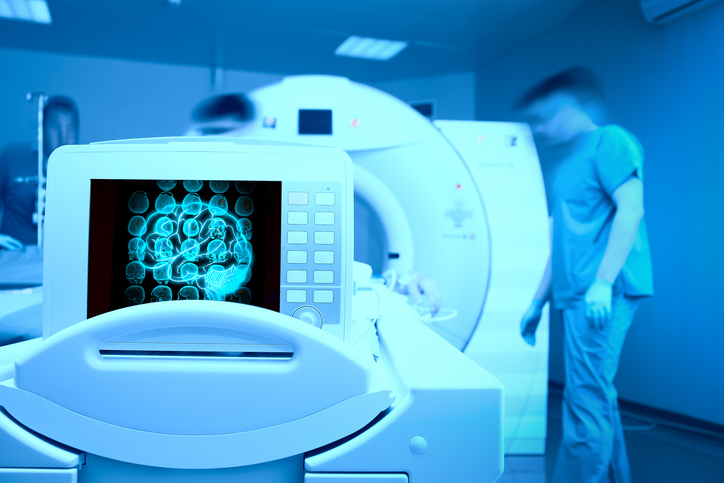As with most highly regulated industries, the medical device industry requires high quality and safety standards, including planning for adverse events. When an adverse event or product recall occurs, Notified Bodies and regulatory agencies need to ensure proper action is taken to address the issue. This is when Unique Device Identifier (UDI) comes into play.
A UDI is a distinct numeric or alphanumeric code used to identify medical devices in the United States and other markets. The UDI is an identification system that creates a unified language from the medical device industry, regardless of intended use or classification. A UDI describes the device, such as model number and version, and the production variables, such as lot number and production date. This system increases traceability and enables medical device manufacturers and notified bodies to respond quickly if patient safety is at risk.
The FDA states the UDI Rule provides a solution to address multiple different needs of medical device manufacturers, including:
- Provide a more rapid identification system for adverse events
- Provide a more efficient resolution to device recall
- Reduce medical errors
- Improve the focus and effectiveness of FDA safety communication
UDI implementation is not only regulated to the outer packaging of medical devices but some types of devices are required to have a UDI label printed on the device itself too. Having a label on the device and the packaging helps concerned parties track the device even without the packaging. The UDI system allows patients and healthcare providers to acquire the information necessary to make critical decisions.
Implementing the UDI system can prove to be challenging. Some medical devices are customized according to patient needs and thus can lead to multiple UDIs on a single medical device. Medical Device accessories are also required to have UDIs, which can pose challenges when multiple accessories are needed for a device. Lastly, the labeling can be ambiguous when a combination product contains an active pharmaceutical ingredient.
Adhering to UDI requirements is a vital component of maintaining regulatory compliance and ensuring medical devices’ safety. EMMA International can help all medical device companies adhere to UDI compliance. For more information, contact EMMA International by phone at 248-987-4497 or by email at info@emmainternational.com.
1https://www.fda.gov/medical-devices/unique-device-identification-system-udi-system/udi-basics
2https://www.federalregister.gov/documents/2013/09/24/2013-23059/unique-device-identification-system





